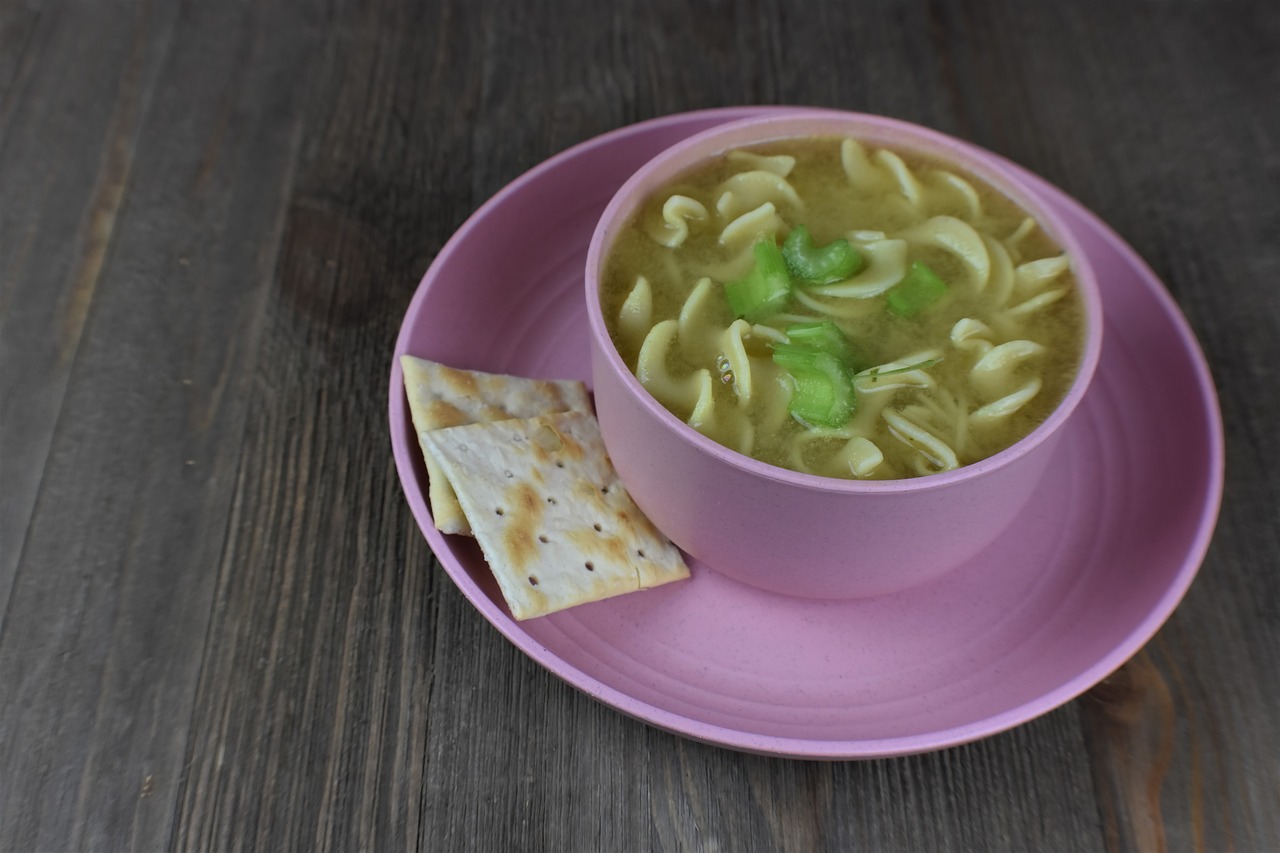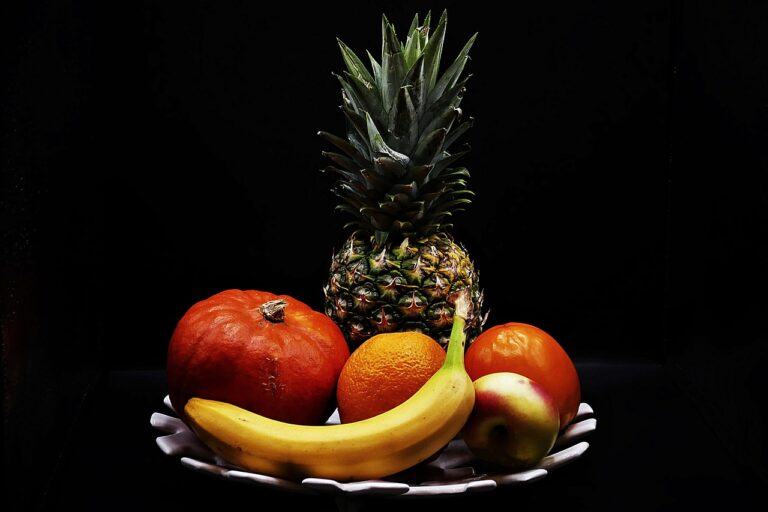The Rise of Zero-Waste Cooking
Embracing zero-waste cooking not only helps in minimizing our environmental footprint but also contributes to saving money in the long run. By utilizing ingredients fully and creatively, we can cut back on unnecessary food purchases and reduce the amount of food that ends up in landfills. This mindful approach to cooking encourages a more sustainable lifestyle while promoting resourcefulness and creativity in the kitchen.
Furthermore, zero-waste cooking can lead to a healthier diet as it encourages the use of whole, unprocessed ingredients. By focusing on utilizing all parts of the ingredient, including peels, stems, and leftovers, we can incorporate a wider variety of nutrients into our meals. This can result in more balanced and nutritious dishes that support overall well-being and reduce the reliance on heavily packaged, processed foods.
How to Reduce Food Waste in the Kitchen
One effective way to reduce food waste in the kitchen is to plan your meals ahead of time. By creating a weekly meal plan and sticking to a shopping list, you can avoid buying excess ingredients that may go to waste. Additionally, utilizing leftovers in creative ways can help minimize food waste. Consider incorporating leftover vegetables into soups or stir-fries, or using extra fruits in smoothies or baked goods.
Another strategy to reduce food waste is proper storage of perishable items. Make sure to store fruits and vegetables in the appropriate drawers in the fridge to prolong their freshness. Additionally, consider freezing leftover meals or ingredients that you may not use right away. By organizing your fridge and pantry regularly, you can keep track of expiration dates and use up items before they spoil.







